Introduction
Renewable energy advancements have become pivotal in our global shift towards sustainability. Among these, the integration of solar energy systems with lithium batteries represents a transformative step forward in energy storage and management. This combination harnesses the abundant power of the sun with the high energy density and efficiency of lithium batteries, offering a promising solution for both environmental and economic challenges.
Understanding the Basics
What are Lithium Batteries?
The Technology Behind Lithium-Ion
Lithium-ion batteries, a type of rechargeable battery, have revolutionized energy storage. Through the movement of lithium ions between the cathode and anode during charging and discharging cycles, these batteries store and release energy efficiently. This process is facilitated by an electrolyte that helps in the ion transfer, which is crucial for maintaining the battery's high performance.
Benefits Over Lead Acid Batteries
Lithium batteries offer significant advantages over traditional lead-acid batteries. These include higher energy density, which allows them to store more energy per unit of weight, and better efficiency during both charged and discharged states. Additionally, lithium batteries have a longer lifespan and require less maintenance, making them more cost-effective in the long run.
Basics of Solar Energy Systems
How Solar Panels Work
Solar panels convert sunlight into electricity using photovoltaic cells. These cells create electrical currents when exposed to sunlight, thanks to the photovoltaic effect. Each panel is made up of multiple cells linked together, which collectively generate significant amounts of power under sunlight.
Components of a Solar System
A typical solar energy system includes solar panels, an inverter, a battery system for solar storage, and necessary wiring and controllers. The inverter plays a critical role by converting the DC electricity generated by the panels into AC electricity, which can be used in homes or fed into the grid.

The Synergy of Solar and Lithium Batteries
Efficient Charging and Energy Storage
How Lithium Batteries Store Solar Energy
Lithium batteries are highly efficient at storing solar energy. They can be quickly charged during peak sunlight hours and hold this energy with minimal losses. This capability is essential for maximizing the utility of solar systems, particularly in residential and commercial settings.
Advantages of Lithium for Efficient Charging
The fast charging and high-capacity retention of lithium batteries make them ideal for solar applications. Their ability to be frequently charged and discharged without significant degradation also ensures long-term reliability and effectiveness in energy storage.
Enhancing Backup Power Capabilities
Reliability in Power Outages
In the event of a power outage, a solar system equipped with lithium batteries provides reliable backup power. This is due to the battery's ability to maintain a stable supply of electricity, ensuring that essential functions can continue uninterrupted.
Comparison with Other Battery Systems
When compared to other types of battery systems, lithium batteries stand out for their superior performance in backup situations. Their higher energy density and efficient charging capabilities allow them to deliver power more effectively and sustainably than alternatives like lead-acid batteries.
Economic Benefits
Cost Savings from Using Lithium Batteries
Longevity and Fewer Replacement Needs
The longevity of lithium batteries translates into fewer replacements over time. This durability, coupled with their minimal maintenance requirements, significantly reduces the lifetime cost of the solar energy system.
Minimizing Maintenance Costs
Lithium batteries require less upkeep than traditional battery types, which lowers the overall maintenance costs for solar systems. This aspect, along with their longer operational lifespan, contributes to the overall cost-effectiveness of adopting lithium-based solar systems.
Investment in Solar and Lithium Technology
Government Incentives and Subsidies
Many governments offer incentives and subsidies for solar and lithium battery systems to promote renewable energy adoption. These financial incentives make the initial investment more accessible and attractive to residential and commercial users.
Future Cost-Effectiveness
The ongoing advancements in lithium and solar technology are expected to drive down costs further, making these systems even more cost-effective in the future. As production scales and technologies improve, the economic case for solar with lithium batteries will only strengthen.

Performance and Longevity
Discharge Cycles and Battery Longevity
Life Expectancy of Lithium Batteries
Lithium batteries typically enjoy a longer life expectancy than their counterparts due to their ability to withstand numerous discharge cycles with minimal capacity loss. This resilience is crucial for long-term energy storage and sustainability.
Impact of Charge and Discharge Rates
The performance of lithium batteries is also influenced by how they are charged and discharged. Properly managed charge and discharge rates help preserve battery health and extend its usable life, which is essential for maximizing the benefits of a solar system.
Maintaining a Battery System for Solar
Best Practices in Battery Maintenance
To maintain the efficiency of a solar battery system, it is essential to follow best practices in battery maintenance. These include regular checks, ensuring optimal charging conditions, and avoiding extreme temperatures.
Monitoring and Managing the Battery System
Advanced battery management systems are vital for monitoring the health and performance of lithium batteries. These systems help in detecting any issues early and ensuring that the batteries operate within their optimal parameters, thus safeguarding their longevity and efficiency.
Environmental Impact
Lithium Batteries and the Environment
Reducing Carbon Footprint with Solar and Lithium
The combination of solar panels and lithium batteries significantly reduces the carbon footprint associated with electricity generation. By leveraging these environmentally friendly technologies, users can contribute to a greener future.
Comparisons to Traditional Energy Sources
When compared to fossil fuel-based energy sources, solar systems with lithium batteries present a cleaner alternative. They produce no direct emissions, helping to cut down on pollution and environmental degradation.
Promoting a Green Future
Solar Powered Communities
Communities powered by solar energy are a testament to the viability and effectiveness of renewable energy. These communities demonstrate how solar and lithium technologies can work in harmony to create sustainable and energy-independent living environments.
The Role of Renewable Energy in Sustainable Development
Renewable energy, particularly solar energy systems combined with lithium batteries, plays a crucial role in sustainable development. By reducing reliance on non-renewable resources and minimizing environmental impact, these technologies are at the forefront of a sustainable energy transition.
Conclusion
The integration of solar systems with lithium batteries offers a multitude of benefits, from enhanced energy efficiency and economic savings to environmental conservation and sustainability. As technology advances, the future looks promising for greater adoption and support of these systems. To contribute to this positive change, stakeholders at all levels are encouraged to support and invest in solar and lithium technologies, ushering in a brighter, cleaner future for all.
Join the movement towards and read the blog for a sustainable future by considering the adoption of solar energy systems equipped with lithium batteries for your home or business. Together, we can make a significant impact on our planet's health and our economic well-being. Embrace the power of the sun and the efficiency of lithium today for a brighter tomorrow.


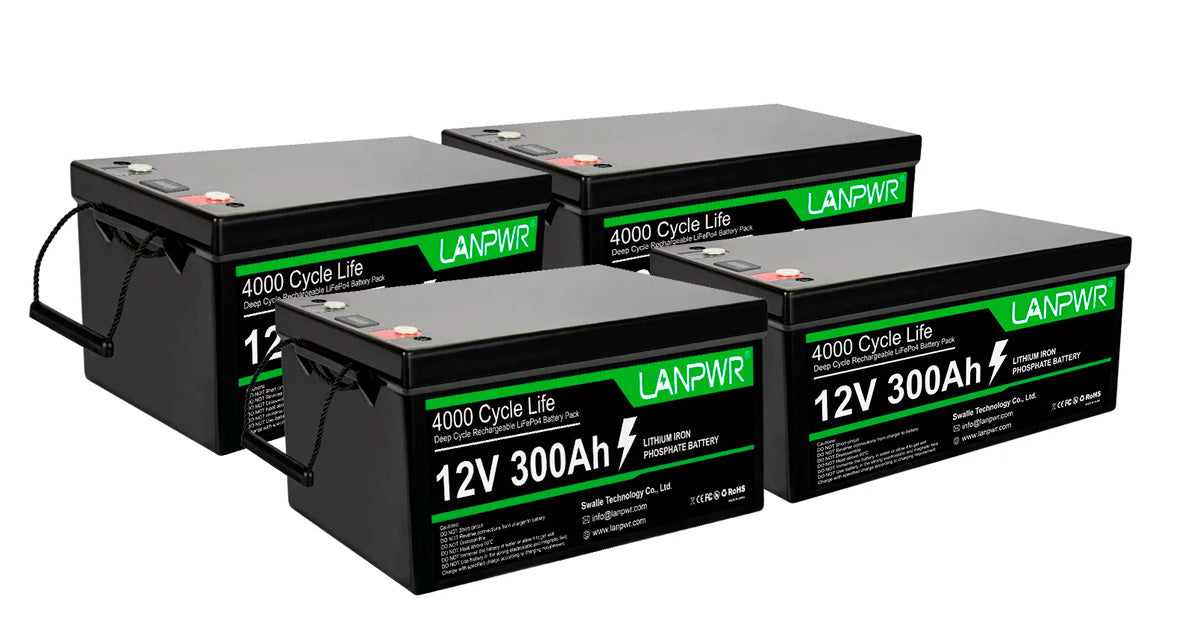
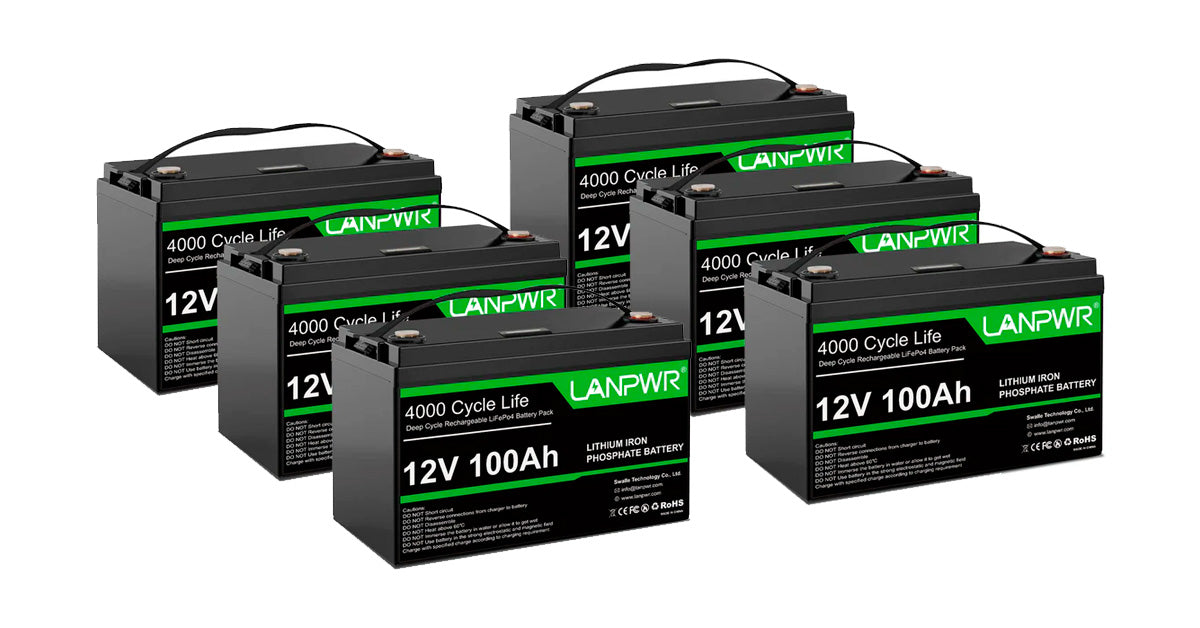
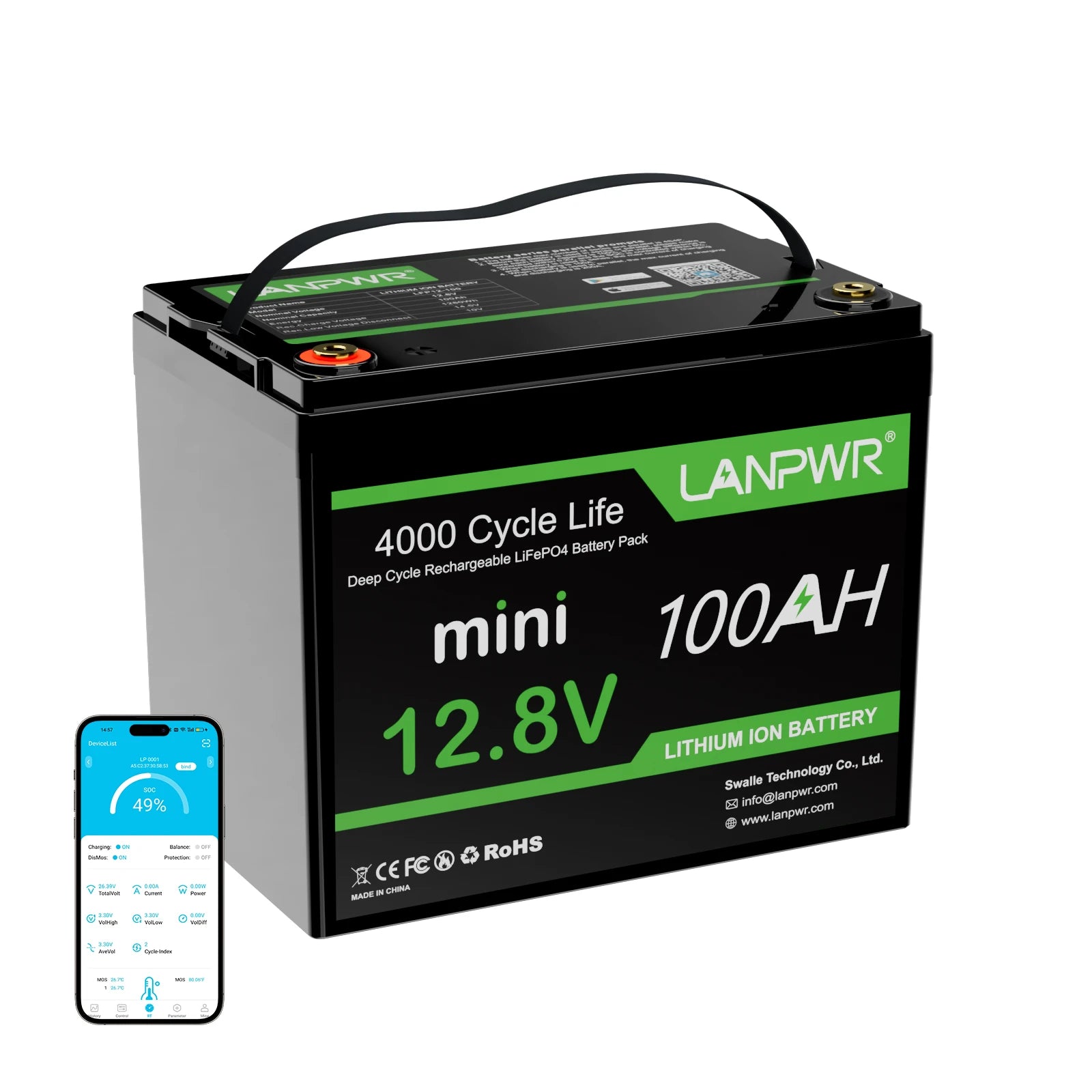

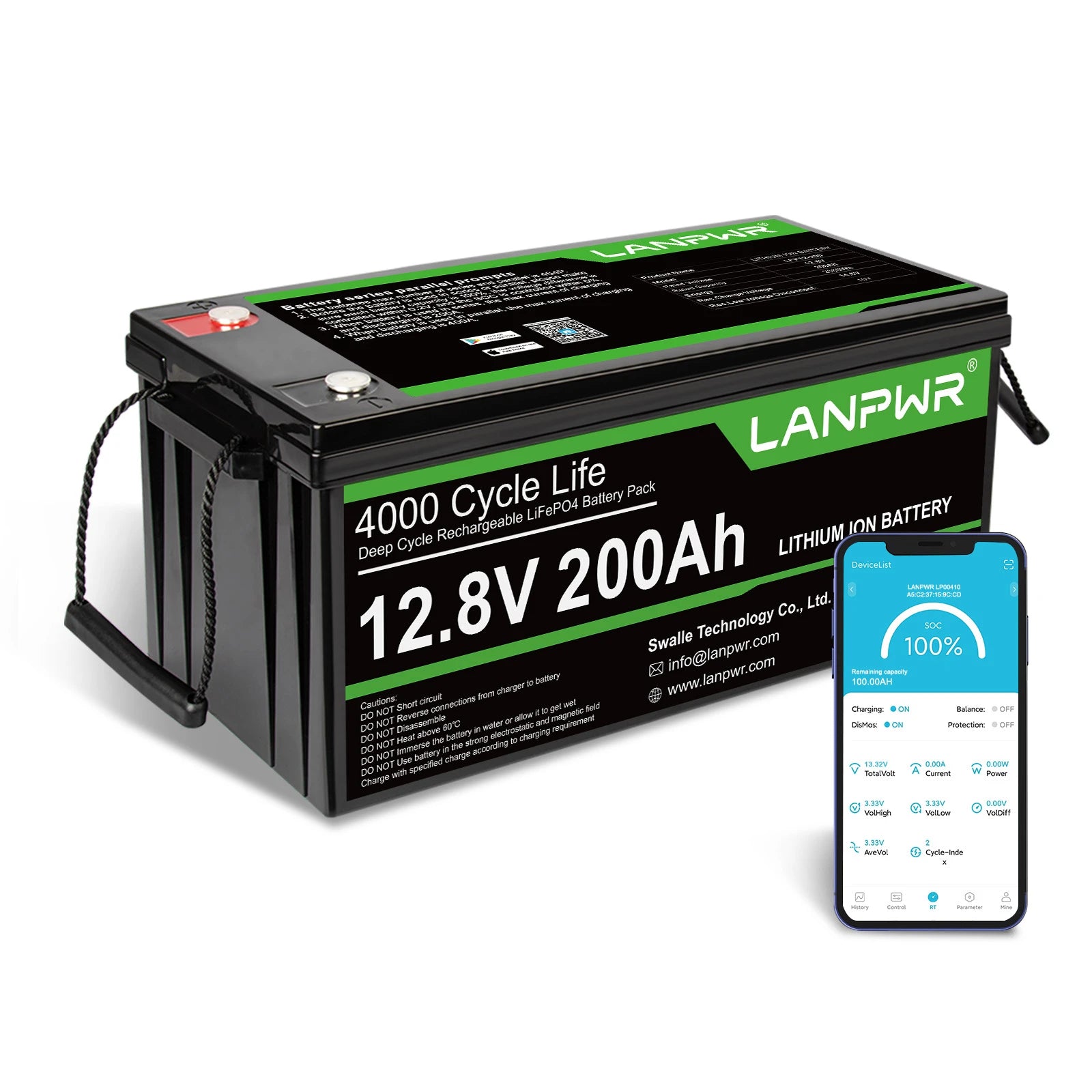
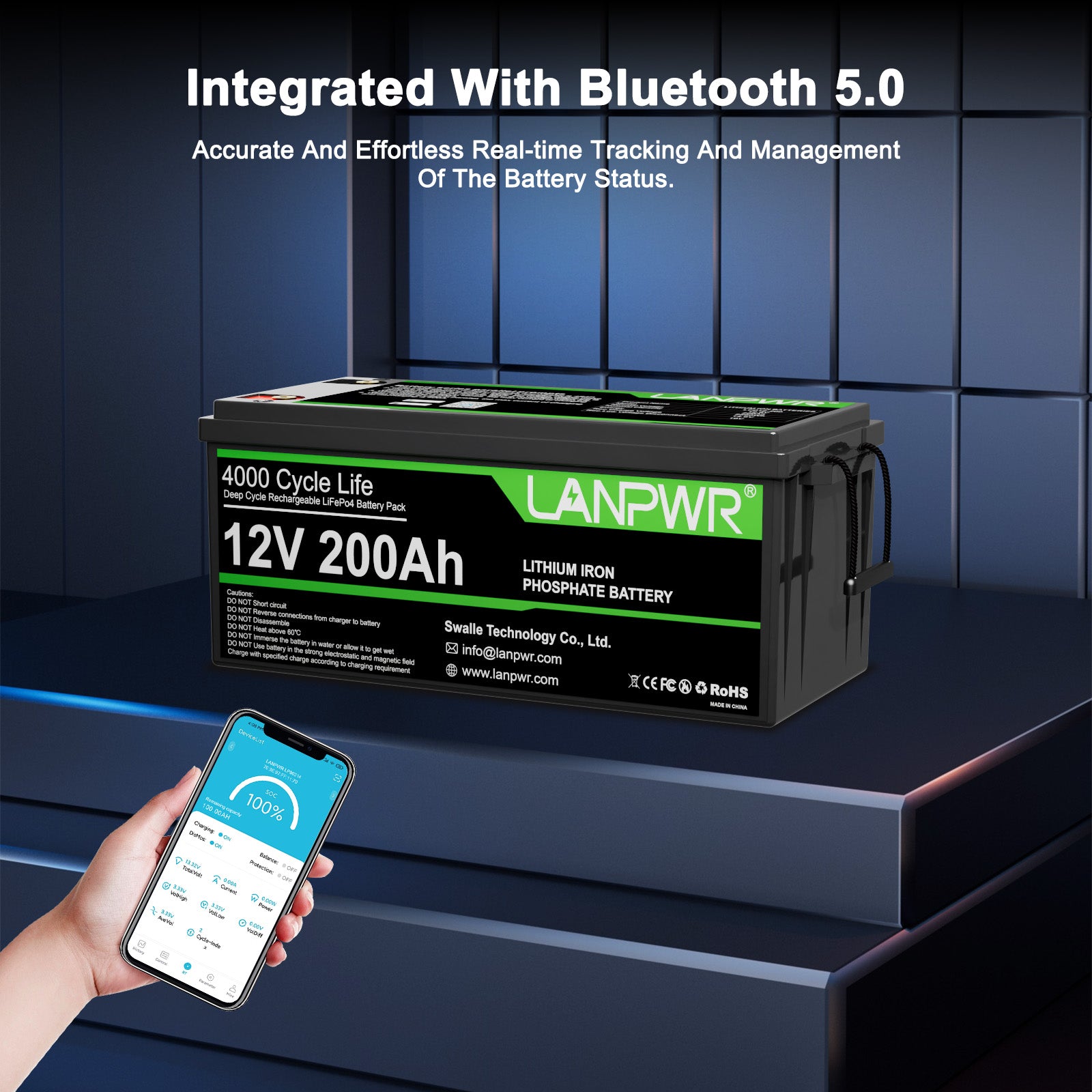
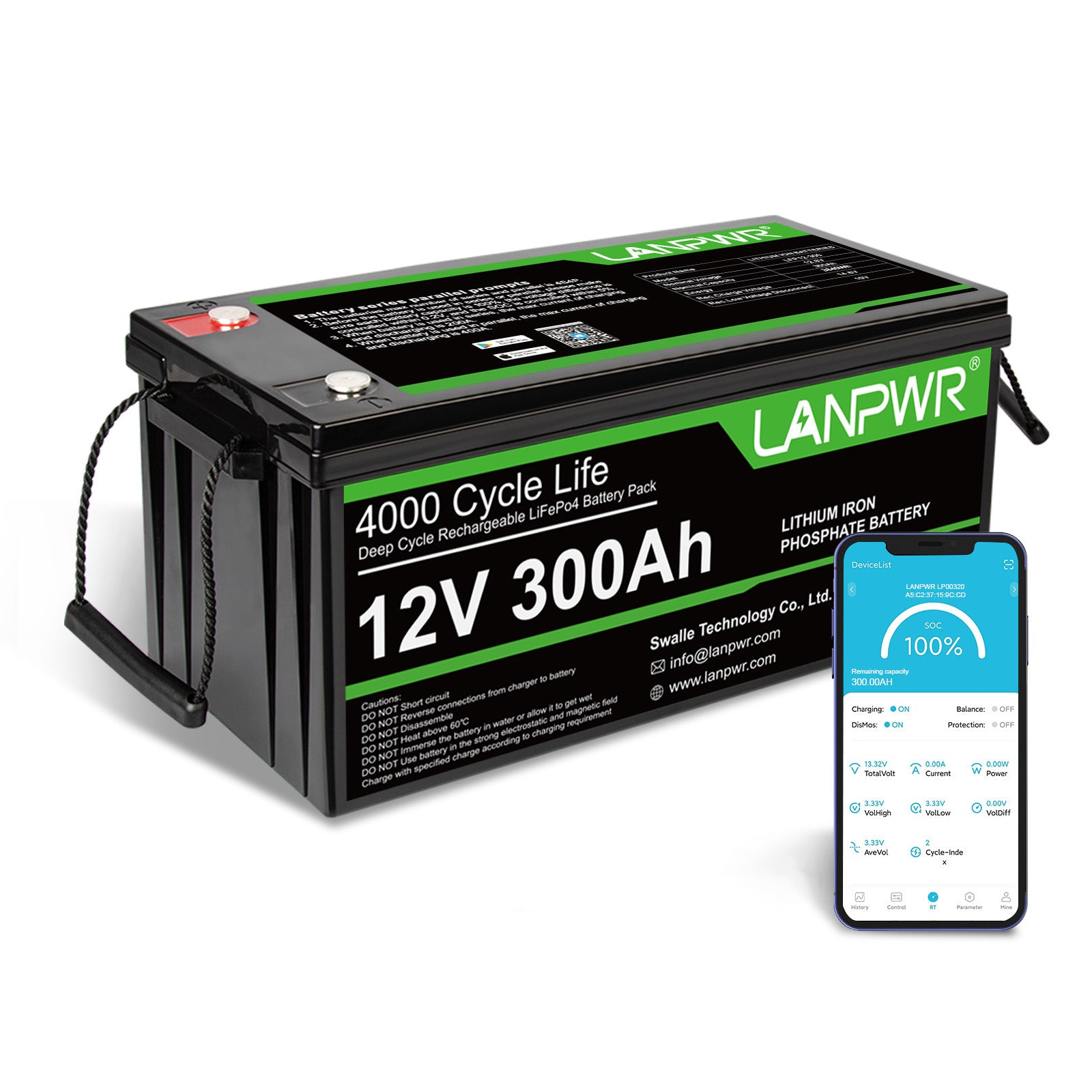
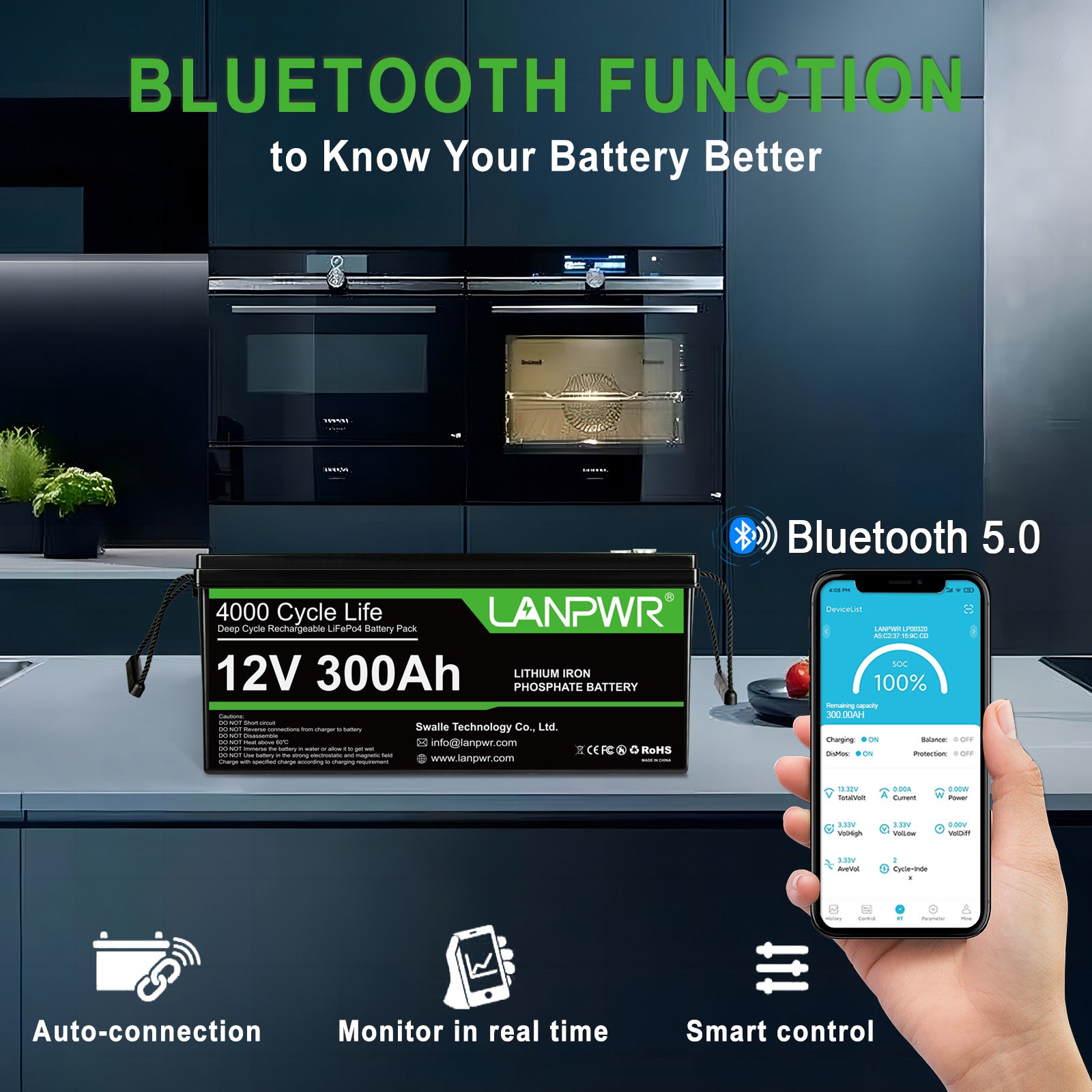
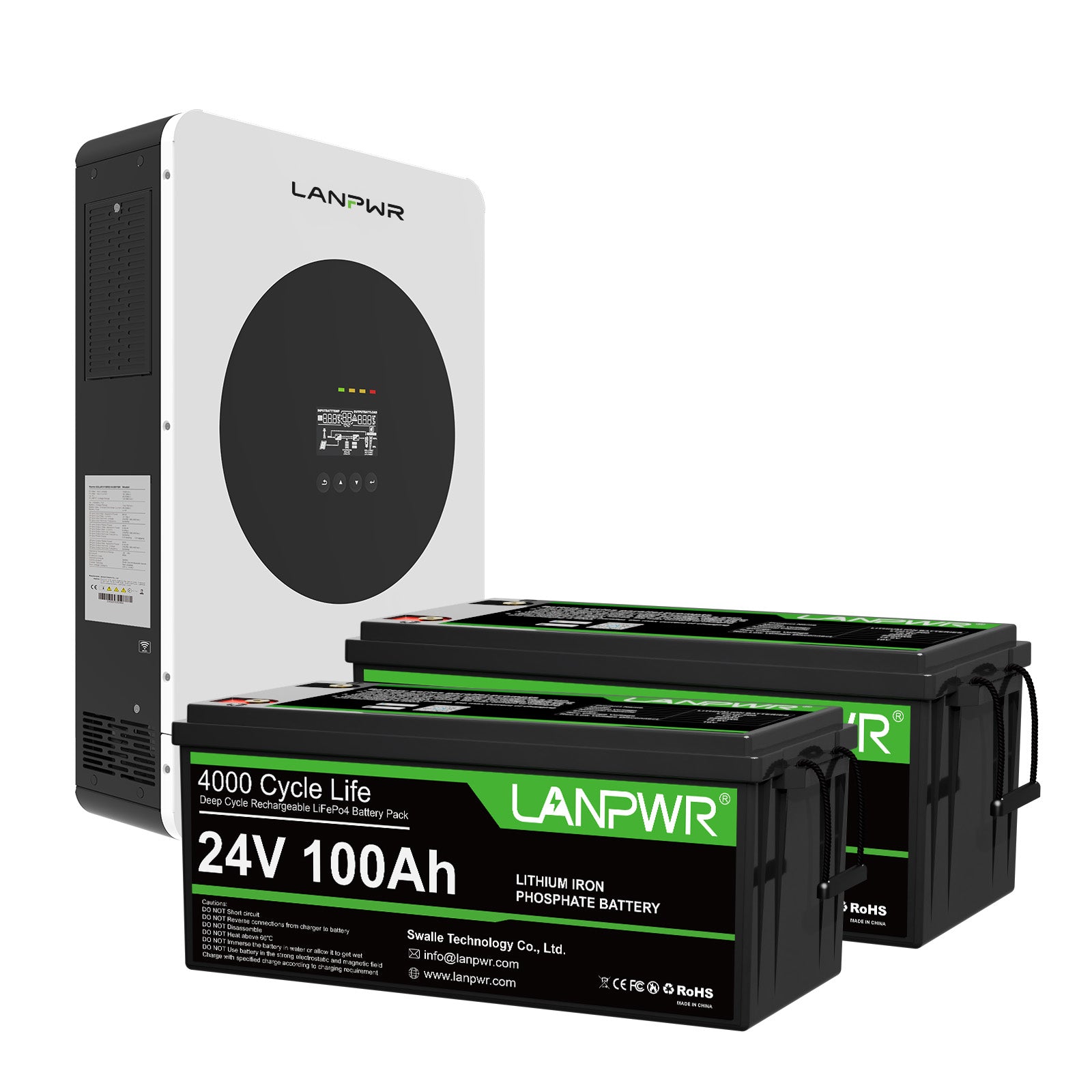



Leave a comment
This site is protected by hCaptcha and the hCaptcha Privacy Policy and Terms of Service apply.